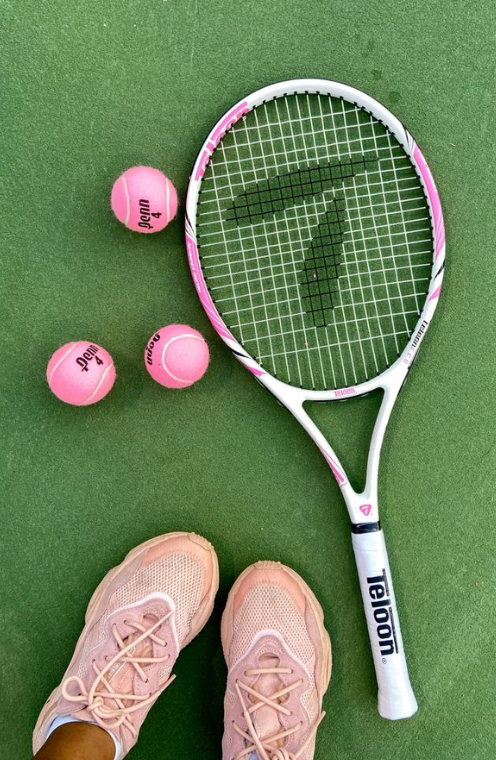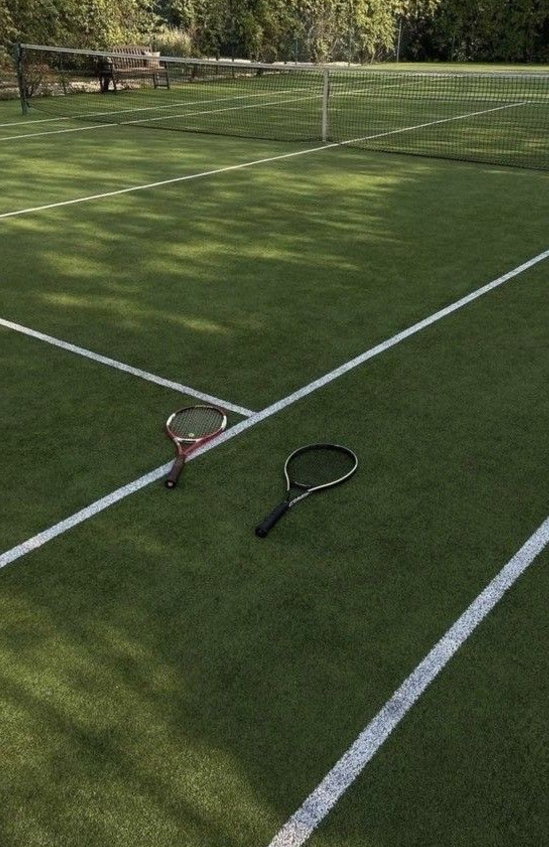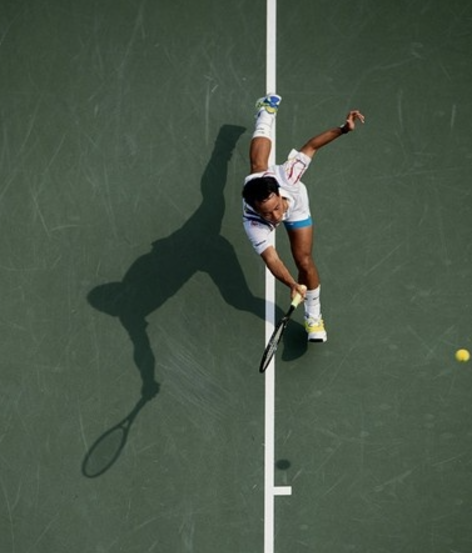Soft tennis is an exciting variation of the traditional game, gaining popularity worldwide. The very specific rules and equipment that define this sport offer a fresh approach to the game as maintained in the core elements that make tennis enjoyable. What follows is an exploration of what makes soft tennis so distinct, from its history to essential rules, tips for beginners, techniques, and other health benefits associated with playing.
Table of Contents
Introduction to Soft Tennis
Overview of Soft Tennis and How It Stands Out from Traditional Tennis
Soft tennis is with a softer rubber ball and a lighter racket than the regular version, and the games can be very slow, which makes it play for everyone: all ages, all skills. The softer rubber ball tends to impact much less on their bodies in its use, allowing for much longer rallies to determine the game, rather than pure power of skills and strategies.
Brief History and Growing Global Popularity
It is a very popular sport in Asia and the world at large, invented in Japan in the late 19th century; it is a relaxed sport as one can play it recreationally or competently. The international competition has boosted its profile with many players going to learn this entertaining sport.
Rules and Equipment
Key Game Rules for Singles and Doubles
The soft tennis rules are not exactly similar to other tennis but with a little uniqueness of its own. There are singles and double matches. Each player serves from behind the baseline, aims for his opponent’s service box, and tries to score a point when his opponent fails to return the ball before it bounces twice.
Special Features of the Soft Tennis Racket and Soft Rubber Ball
A soft tennis racket is softer and typically lighter than a regular tennis racket, so swings faster and has much more flexibility. The ball used in this game-a soft rubber ball-is actually prepared to reduce bounce height and allows for better control during actual play. All these result in a game that’s strategic rather than power-based.
5 Tips to Improve Your Soft Tennis Game
Master the Basics

This requires constant attention on the beginner’s part to master these simple basics in soft tennis. Included in this are appropriate grip with the racket and proper stance. A right foundation shall make it easier for a player to play overall and ease the learning of more moves later on.
Stay Light on Your Feet

Agility is thus the most important feature of soft tennis. Lightness in the feet helps in swift reaction to opponent’s shots. Practice swift movement within the court for better footwork and positioning during play
Practice Your Serve

The strong aces that prove crucial to winning every match are given by consistent and accurate serves. Keep trying different types of serves, such as flat or spin serves, to keep your opponent guessing and gain control of the game from the very beginning.
Focus on Control

Consider applying more pressure than power. Instead of hitting as hard as you can, practice hitting to these spots on the court. You’ll win the point playing your competitor, not beating her.
Stay Mentally Focused

Mental toughness is a very important aspect of soft tennis. Help cultivate concentration and adaptability skills to thrive when the pressure is on in matches. Techniques like visualization can mentally prepare one for different circumstances they might find themselves in on court.
Techniques and Strategies
Breakdown of Basic Strokes
Mastery of basic strokes, thus, is crucial for succeeding in it. The keystrokes are
- Forehand: Light grip while swinging by the ball for maximum control
- Backhand: Once a backhand is developed, body rotation and follow-through are added.
- Volleys: Being very close to the net, a player uses quick reflex to intercept balls
Key Strategies for Singles Versus Doubles Gameplay
Most Important Strategies in Singling and Doubling Control the center of the court as much as possible and exploit weaknesses of your opponent. With a doubles partner, the key is to communicate well with each other and coordinate movements for more effective cover of areas to gain as many points as possible
Health and Fitness Benefits
Enhances Cardiovascular Health and Overall Fitness
Soft tennis will give one a very excellent cardiovascular workout since constant movements of chasing balls around will help improve heart health while calories burn.
Low-Impact Nature Makes It Accessible for All Age Groups
The softer ball in soft tennis also makes it less straining to the joints; thus, it can be played by older seniors even if they can’t play the intense version of tennis.
Soft Tennis Around the World
Insights into Its Popularity in Asia and International Tournaments
Soft tennis is very popular in Japan, South Korea, and Taiwan, where international tournaments happen to be a fine demonstration of excellent talent across the world, and it promotes interest in this beautiful sport.
How Players Can Find Local Clubs or Tournaments
One can surf the internet for clubs or local tournaments for those looking to connect with the community. Many organizations have events meant to reach out to players of all skills, thus fostering both practice and competition.
Conclusion
Soft tennis may prove really enjoyable, strategic, and rewarding for everyone at any age. With these peculiar rules, it is indeed a more interesting game, though the health benefits of soft tennis, if one only wants to learn to get started or if he desires to learn some new techniques, this is the perfect time for you to get into the action.


